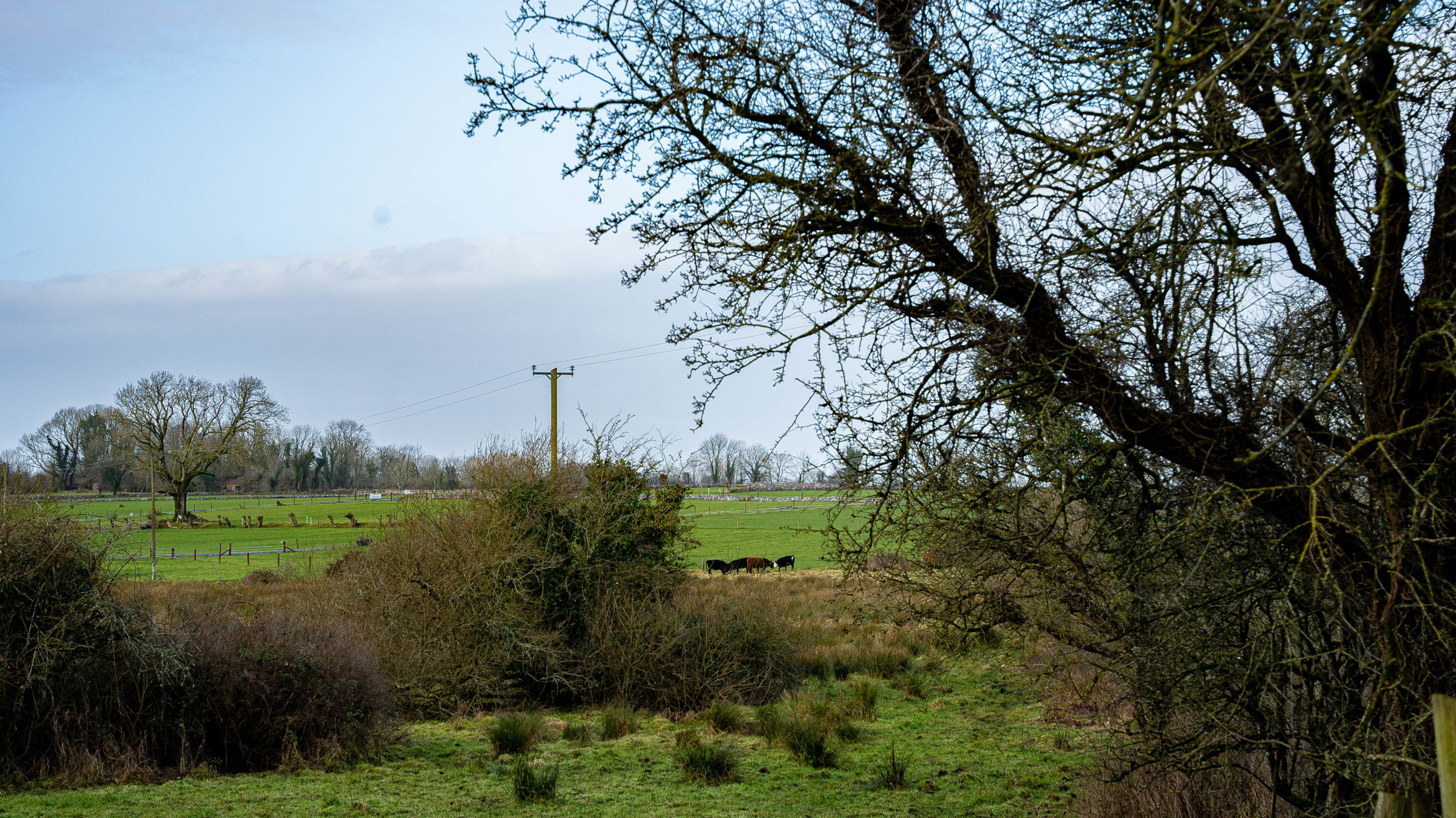The Environmental Protection Agency (EPA) has said methane emissions must be reduced by up to 30% if the agricultural sector is to meet the lower end of the national climate goals.
The agency said this will be necessary to achieve a 22% reduction in emissions from the sector compared to 2018, as committed to in the 2021 Climate Action Plan.
He said the industry needs to clearly define how this will be achieved to respond to uncertainty about its ability to meet its sectoral targets by 2030.
EPA report
In its report published today (Wednesday 1 June), Ireland’s greenhouse gas emissions projections 2021-2040the EPA includes an assessment of progress towards achieving national emissions targets.
The EPA said total greenhouse gas (GHG) emissions would have increased by 6% in 2021.
The agency said the urgent implementation of all climate plans and policies, along with additional new measures, are needed for Ireland to meet the 51% emissions reduction target and put Ireland on the path to climate neutrality by 2050.
The report pointed out that there is currently a significant gap between carbon budgets recently approved by the government and projected emissions.
All sectors must do much more to meet their national 2030 emissions reduction targets, the agency warned.
The EPA said the challenge is “particularly evident in the agricultural sector.”
In the “with existing measures” scenario, agricultural emissions are expected to increase by 1.9% over the period 2020-2030.
“Methane emissions will need to be reduced by up to 30% to meet the lower end of its 2021 Climate Action Plan target,” the agency noted.
The EPA has stated that Ireland can achieve a 30% reduction in emissions by 2030 (compared to 2005) if planned policies and measures are implemented and available flexibilities are used.
This includes land use flexibility using the Climate Action Plan 2021 afforestation rate of 8,000 ha/year.
The end of Covid-19 travel restrictions is expected to increase transport emissions by 18-19% between 2020 and 2022.
Emissions from the sector are expected to be reduced to 39% below 2018 levels by 2030 if additional measures set out in plans and policies are implemented.
This includes more than 940,000 electric vehicles on the road by 2030, increased biofuel blending rates and measures to support more sustainable transport.

Under the Additional Measures Scenario, renewables are expected to increase to 78% of electricity generation by 2030, with energy industry emissions declining by 10% per year between 2021 and 2030.
The EPA noted that increased coal use from 2021 and growing demand for power, including data centers, threatens to negatively impact the achievement of national goals.
Commenting on the report, EPA Director General Laura Burke said:
“The data shows that there is a need to intensify both the implementation of actions already defined in plans and policies and the identification of new measures.
“All sectors have work, especially the agricultural sector. As the largest contributor to national emissions, there is a need to clarify how and when it will implement actions to reduce methane in the increasingly tight time frame to 2030.
Environment, Climate and Communications Minister Eamon Ryan welcomed the release of the EPA’s latest findings.
“We need to ensure that the sectors meet their respective emission reduction targets. In addition, I will soon be presenting recommendations to Cabinet on sectoral emissions caps.
“It is expected that all sectors will find these caps difficult. However, we must all strive to ensure that the final agreed targets align with the carbon budgets, already approved by the Dáil, and ultimately the Climate Law 2021,” he said.
“In addition, we will have to achieve our legally binding European targets which are going to be more ambitious than before.
“It may sound daunting, but too often people overestimate what we can do in a year but underestimate what we can do in a decade,” the Minister added.











More Stories
Sri Lanka’s post-harvest losses in agricultural sector exceed Rs. 55 billion – – The island
SAU Vice-Chancellor emphasizes effective research in agricultural sector
Agriculture sector threatened by climate change, expert says – Pakistan